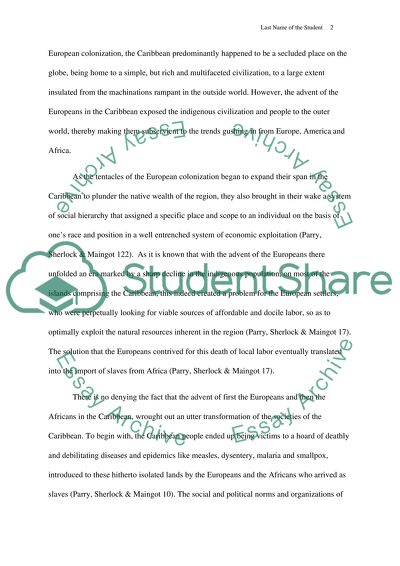Cite this document
(“The Carribiean Nations - Focusing on Haiti Essay”, n.d.)
Retrieved from https://studentshare.org/history/1445957-the-carribiean-nations-focusing-on-haiti-and
Retrieved from https://studentshare.org/history/1445957-the-carribiean-nations-focusing-on-haiti-and
(The Carribiean Nations - Focusing on Haiti Essay)
https://studentshare.org/history/1445957-the-carribiean-nations-focusing-on-haiti-and.
https://studentshare.org/history/1445957-the-carribiean-nations-focusing-on-haiti-and.
“The Carribiean Nations - Focusing on Haiti Essay”, n.d. https://studentshare.org/history/1445957-the-carribiean-nations-focusing-on-haiti-and.


